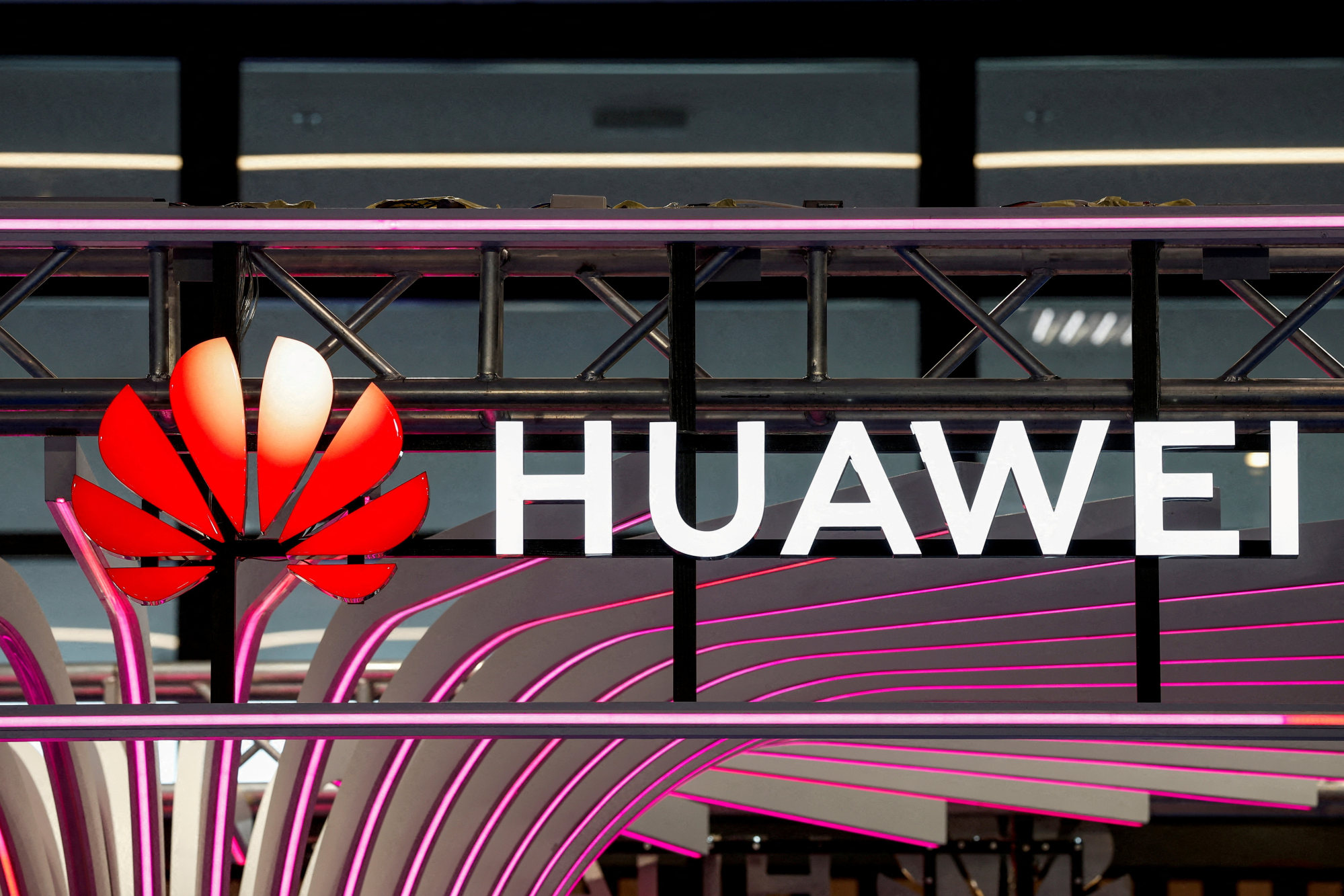Zhang Ping’an, chief executive of Huawei Cloud Computing Technologies, said that the company is seeking to reduce its reliance on semiconductors by shifting some computation from chips to the cloud.
“Our computing power is limited … We can’t rely solely on having AI chips with the most advanced process nodes to [build] AI infrastructure. We need to abandon the mindset that we can’t lead [in AI] without [the best chips]”, he said Thursday at the World Artificial Intelligence Conference in Shanghai.
Zhang said Huawei has been “releasing” computing power from terminal devices, such as smartphones and computers, to the cloud, which “will significantly reduce power consumption and chip dependence”.

“We can’t use terminal devices to handle all computation, because [computation on] the terminal is bound to be constrained by the supply of chips, energy consumption and size [of the device],” Zhang said.
That transformation requires the help of optical fibre and wireless networks to coordinate between the cloud and device, Zhang said, adding that China’s latest 5G Advanced technology, or 5G-A, can achieve 10 times the bandwidth and a tenth of the latency of the current 5G network.
In March, state-owned China Mobile, the country’s largest wireless carrier, unveiled a plan to commercialise the 5G-A network across more than 300 Chinese cities by the end of the year.
Huawei, together with more than 100 affiliates, was added to Washington’s Entity List in 2019, requiring it to obtain approval to purchase certain US technologies, including chips. In 2020, Washington introduced new restrictions stating that foreign chip makers using US software or technology were barred from selling to Huawei.

In addition, the Biden administration has revoked eight licences that had allowed some US companies to ship goods to Huawei, Reuters reported earlier this week.
Huawei has been working on self-developed alternatives. Months after being put on the export control list in 2019, it introduced the Ascend chip series. Last month, a company executive said its latest Ascend 910B AI chip was on par with, if not better than, Nvidia’s A100 – one of the most popular graphics processing units used in the AI industry.
Last year, the Chinese tech giant also developed a 5G chip for its Mate 60 Pro smartphone, surprising the world, as fabricating the chip requires 7-nanometre node technology.










